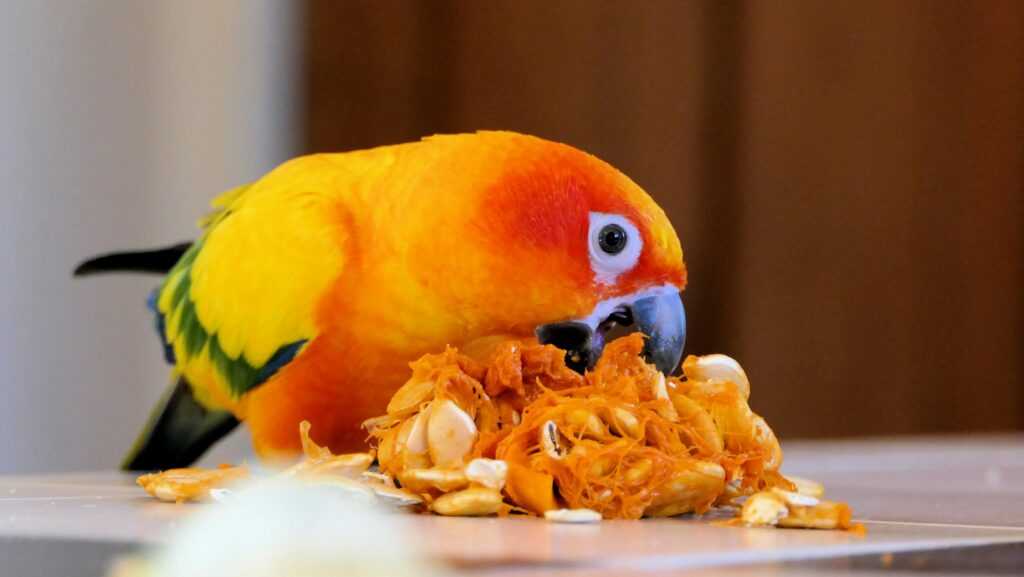As a pet owner, I’ve often pondered the idea of feeding my furry companions a vegetarian or vegan diet. The debate surrounding the safety and risks of such dietary choices for pets is a hot topic in the pet care community. While some argue that plant-based diets can provide adequate nutrition, others raise concerns about essential nutrients that may be lacking. In this article, we’ll delve into the controversial realm of vegetarian and vegan diets for pets to uncover the facts behind the debate.
The Debate Over Vegetarian and Vegan Diets for Pets
Exploring the controversial topic of vegetarian and vegan diets for pets, I delve into the ongoing debate within the pet care community. Advocates of plant-based diets for pets argue that these diets can provide adequate nutrition, while skeptics raise concerns about potential nutrient deficiencies. As I unravel the facts surrounding this discourse, it becomes evident that both sides present compelling arguments that warrant further investigation.
Nutritional Considerations
When it comes to considering vegetarian and vegan diets for pets, understanding their nutritional needs is crucial to ensure their well-being. Let’s explore the key factors to take into account when opting for plant-based diets for our furry friends.
- Protein Requirements
Pets, just like humans, require adequate protein in their diets to support essential bodily functions, muscle development, and overall health. While animal-based proteins are typically complete, providing all essential amino acids, plant-based sources can also offer sufficient protein with proper planning. It’s essential to ensure that pets receive a well-balanced mix of plant proteins such as soy, lentils, and quinoa to meet their protein needs adequately. - Vitamin and Mineral Deficiencies
One of the primary concerns with vegetarian and vegan diets for pets is the potential for vitamin and mineral deficiencies. Essential nutrients like vitamin B12, taurine, and omega-3 fatty acids, commonly found in animal products, may be lacking in plant-based diets. To address this issue, supplements or carefully formulated commercial pet foods tailored to vegetarian or vegan diets can help bridge the nutritional gaps. Ensuring the right balance of vitamins and minerals is essential for maintaining optimal health in pets following plant-based diets.
Health Implications
When considering vegetarian or vegan diets for pets, it’s crucial to assess the possible health implications to make informed decisions for their well-being. Let’s delve into specific aspects related to digestive health and how plant-based diets may affect pets.
Impact on Digestive Health
Adapting pets to vegetarian or vegan diets can have varying effects on their digestive systems. Unlike humans who can thrive on plant-based diets, pets have specific nutritional requirements that might not be fully met by such diets. A sudden transition to a vegetarian or vegan diet can lead to digestive upset in pets, including diarrhea or gastrointestinal discomfort. It’s essential to introduce these diets gradually and monitor pets closely for any signs of digestive issues to ensure a smooth transition.
Ethics and Pet Food Choices
Considering the ethical aspects of pet food choices, it’s essential to recognize the responsibility we have towards our animal companions. As a pet owner, I understand the significance of making informed decisions that prioritize the well-being of our pets.
When it comes to choosing between vegetarian or vegan diets for pets, ethical considerations play a crucial role. While some individuals advocate for plant-based diets for animals, citing ethical reasons such as reducing animal suffering and environmental impact, it’s important to weigh these arguments against the nutritional requirements of our pets.
It’s vital to acknowledge that while ethical motivations are commendable, they must be balanced with ensuring that our pets receive adequate nutrition to support their health and vitality. As much as I empathize with the ethical concerns related to traditional meat-based pet foods, I prioritize meeting my pet’s nutritional needs to guarantee their overall well-being.
In navigating the complexities of ethical pet food choices, I believe in seeking a middle ground that considers both the ethical implications of our decisions and the nutritional requirements of our furry friends. Striking a balance between ethics and pet health is crucial in making conscientious and well-rounded choices for our beloved companions.




